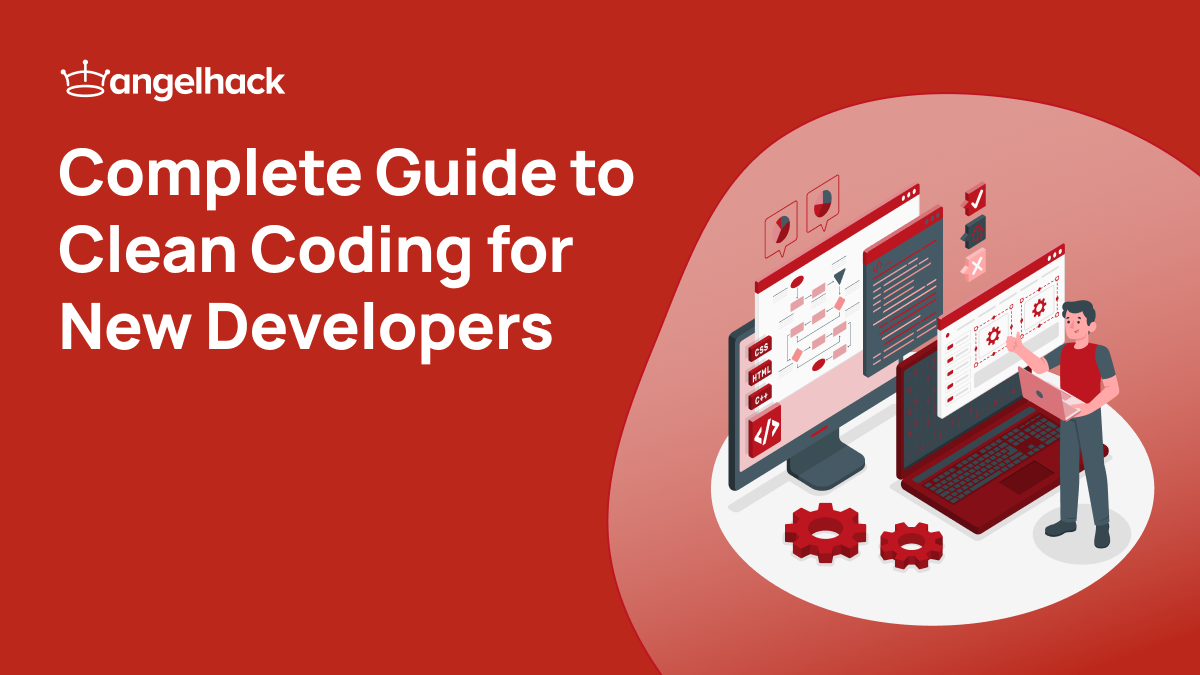There’s a certain sense of grandeur that comes from hackathons alone. Like many competitions, they bring the promise of wealth and fame for winners. Naturally, many developers are thus inclined to attempt to win a prize – perhaps even the top prize – at every hackathon they attend.
Thus arises a very common problem.
In a situation with more entrants than awards, there are bound to be more losers than winners. How can we justify this, if hackathons are meant to both encourage a competitive spirit and a cooperative environment for hacking? Perhaps the answer lies in our mindset.
Hackathons, after all, only offer prizes as an incentive. In addition, these prizes are often never valuable enough to justify attending hackathons – most people attend for other reasons, and even those that don’t still have a lot that they can take from such an experience.
1. Solve a problem
Sometimes when you’re at a loss ideas, the best ones come from very real problems that you’ve experienced. If you or your team is lost for a game plan, try thinking about anything that’s annoyed you recently and try creating a simple solution for that.
“try thinking about anything that’s annoyed you recently and try creating a simple solution for that.”
You may even want to look beyond your personal problems towards common issues within the tech industry. A lot of recent hacks have had medical, societal, and financial themes. You could try finding a common problem that has yet to be solved and dedicating your 24 hours to cracking even a corner of it. You’ll not only have made progress on your issue by the end of the hackathon, but you’ll also have a launching pad to expand your hack to something bigger, if you want.
2. Make new friends
Hacking is always much more fun when you’re working as a team. Even if you end up attending a hackathon alone, take the initiative to talk to others! You never know who you’ll meet – perhaps the person having a drink to your left is a design prodigy, perhaps they’re an expert at C#. Just approaching others and building relationships can ease a lot of the initial tension at a hackathon and leave you with incredible connections.
3. Learn a new skill
There’s a reason why companies are always trying to host workshops at hackathons. Try attending one and seeing whether or not you might be interested in learning how to use a new tool. Even better, try attending a non-sponsored workshop just for the sake of learning a new skill. Perhaps you’d like to brush up on Android development, or maybe learn how to use Node.js. Workshops are there to give you a sandbox to try out something new.
4. Build something awesome
A great hack isn’t defined by the prizes it wins. It’s defined by the impact it has on others – and you can interpret this as you will. Maybe you’ve created an app based on an existing idea, but with a twist. Maybe you’ve designed a hilarious website to parody the 2016 Elections. Maybe you’ll even create an insane hardware hack that connects your terminal to your Keurig machine! Either way, try building something crazy at your next hackathon – you (and your audience) won’t be disappointed.
5. Check out some new ideas
There’s no reason not to ask other teams about their projects. You might even learn something new from the team who’s working right beside you. Don’t approach hackathons as an ultra-competitive event – rather, take the time to understand the motivation and tech behind some of the other projects being developed alongside your own (so long as the team agrees, of course.) The incredible diversity of ideas that arise from these events often come with creative and unique hacks that you would never otherwise have thought of on your own.
6. Visit some new cities
So many hackathons are being held across the country that as long as you have the resources, they’re a great opportunity and excuse to visit a new city. Perhaps bring along some of your friends to walk around in the morning after you’re done hacking. Or maybe just take a stroll around the city on your own. Either way, there’s a lot more you could be experiencing than being cooped up in a room for 24 hours.
7. Demo
It doesn’t matter how bad you think you’ve done. You should always demo at the end of a hackathon. Who knows, you might end up being the only team to use a certain company’s API well enough to qualify for a prize. Even if you don’t, the skills and confidence you build from demoing your project will follow you into your career, and perhaps even beyond.
No matter where you are in life, you’ll eventually need to speak in front of others. Being able to share something you’ve created with confidence in a low-stakes setting is a pretty rare opportunity, so take the chance to show off what you’ve done.
8. Share what you learned
A picture may be worth a thousand words, but you could also try sharing your experience in other ways. Perhaps write a quick Tweet, blog entry, or even vlog your experience to help others learn more about what hackathons are about. Even better, it gives you something to look back on in the day and weeks after your hackathon is over. Not only is reviewing your experience a great way to retain what you’ve learned and created, but it also gives you the chance to keep track of what you’ve built over time.
At the end of the day, hackathons are a far more valuable space for creativity, innovation, and community building than they’re given credit. There’s no need to look to them as some sort of competition. The experiences that you can build from hackathons are far more valuable than any prize you could win.



